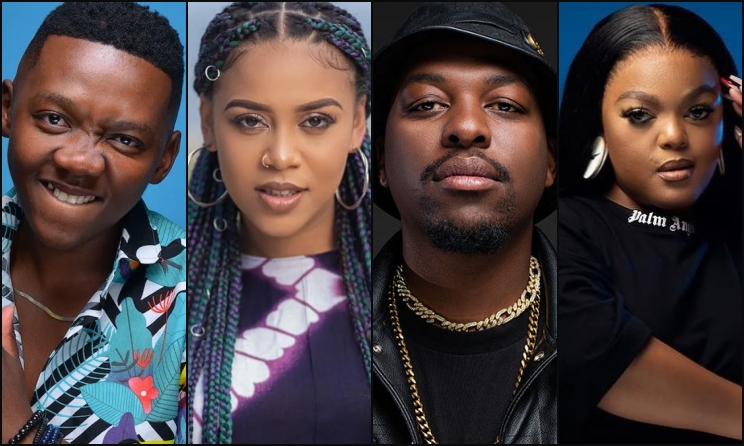Amapiano: The sound of Africa
How South African electronic music genre that blends deep house, jazz, kwaito, and lounge, characterized by smooth piano melodies, distinctive log drum basslines, and rhythmic percussion grew and became one of the biggest anthems in music.

For those who don’t know amapiano, it’s a subgenre of house music that originated in South Africa in the early 2010s.The name “Amapiano” comes from the Zulu word for “the pianos,” reflecting the genre’s signature use of high-pitched piano melodies. It blends elements of deep house, jazz, lounge music, and traditional African rhythms, characterized by synths, airy pads, wide percussive basslines, and a laid-back tempo.
Amapiano started as an underground movement with producers and DJs experimenting with house beats and African rhythms. Key pioneers include Kabza De Small, DJ Maphorisa, MFR Souls, and Vigro Deep, who helped popularize the genre both in South Africa and globally. The genre spread rapidly through social media, radio, and dance challenges, becoming a dominant sound in South African music and expanding its influence worldwide
Kabza de small has been pivotal in popularizing Amapiano, often hailed as the “King of Amapiano” due to his significant contributions to the genre’s rise both locally and globally. He began his music career blending EDM and Afrobeat-infused house but transitioned to Amapiano, where he found his signature sound characterized by airy synth pads, bright piano melodies, and low-tempo rhythms fused with jazz and deep house elements.
His breakthrough came with his 2016 debut album Avenue Sounds and was solidified by subsequent releases like Pretty Girls Love Amapiano and the diamond-selling 2019 collaborative album Scorpion Kings with DJ Maphorisa. These projects helped propel Amapiano from a local underground movement to an internationally recognized genre.
Kabza’s popular tracks like “Abalele,” “Imithandazo,” and “Nana Thula” showcase his ability to blend diverse African musical styles and feature collaborations with major artists, further expanding Amapiano’s reach. Kabza’s success is reflected in numerous awards, chart-topping hits, and recognition such as a Spotify billboard in New York’s Times Square, underscoring his role as a trendsetter and ambassador for Amapiano.
During the 2020 Covid 19 lockdown, amapiano had significant growth and Impact. With people mostly indoors and on their gadgets helped propel Amapiano. Digital platforms such as WhatsApp, YouTube, TikTok, and Instagram, where viral dance challenges and DJ mixes spread the genre beyond South Africa.
One of the most popular amapiano song in this year was ”Jerusalema”. “Jerusalema” is a South African gospel-influenced amapiano track by Master KG featuring Nomcebo Zikode. It became a global phenomenon and was widely regarded as an anthem of hope and resilience amid the crisis.
It inspired “Jerusalema” Dance Challenge,” where people worldwide, including frontline healthcare workers, soldiers, and even orchestras, shared videos of themselves performing the choreography. This dance challenge helped spread joy and unity during lockdowns and social distancing measures. topped music charts in multiple countries, went multi-platinum in places like Italy and Spain, and became one of the most Shazammed songs in history. It also won awards such as Best African Act at the MTV European Music Awards.
This only goes to show how Amapiano has become one of the biggest sounds of Africa and the whole world in general. It has become more than just a music genre; it is a cultural movement representing South African creativity, resilience, and pride, while reshaping the global music landscape. Its contagious beats and danceable rhythms have made it a staple in global pop culture, influencing mainstream music and inspiring new generations of artists worldwide.
